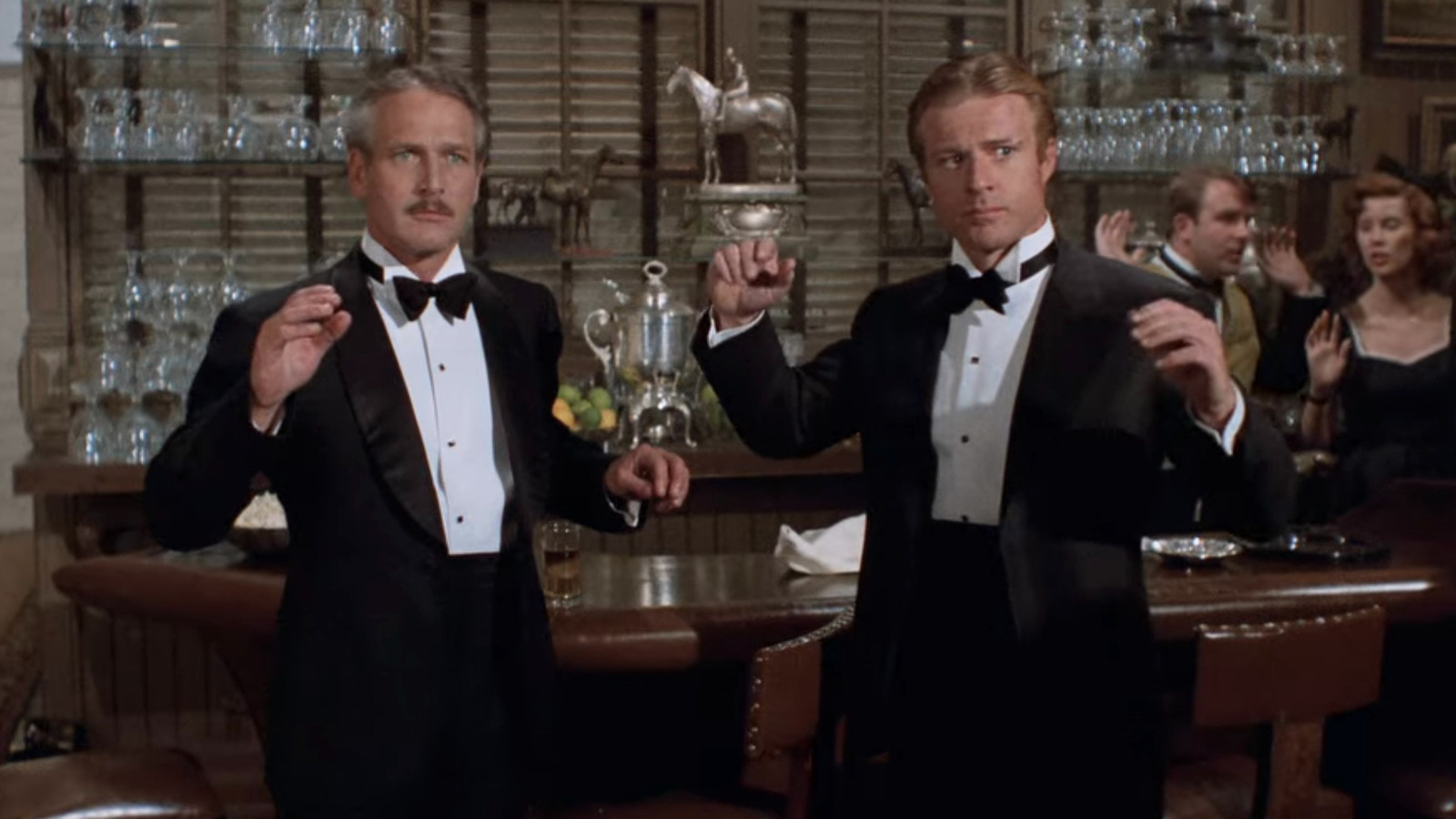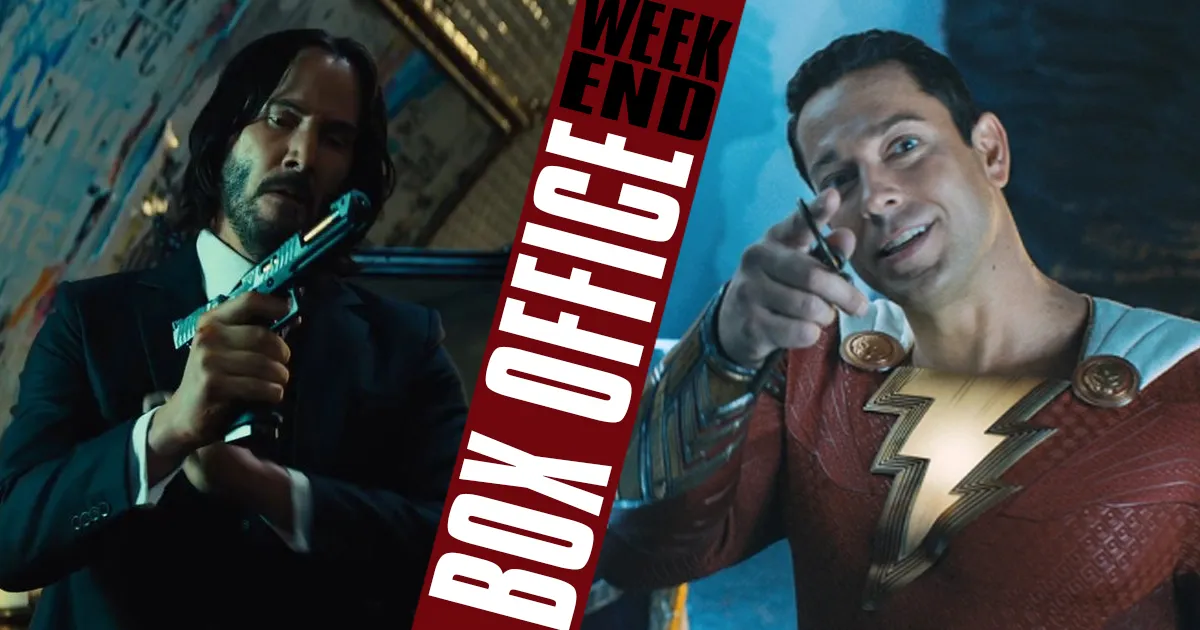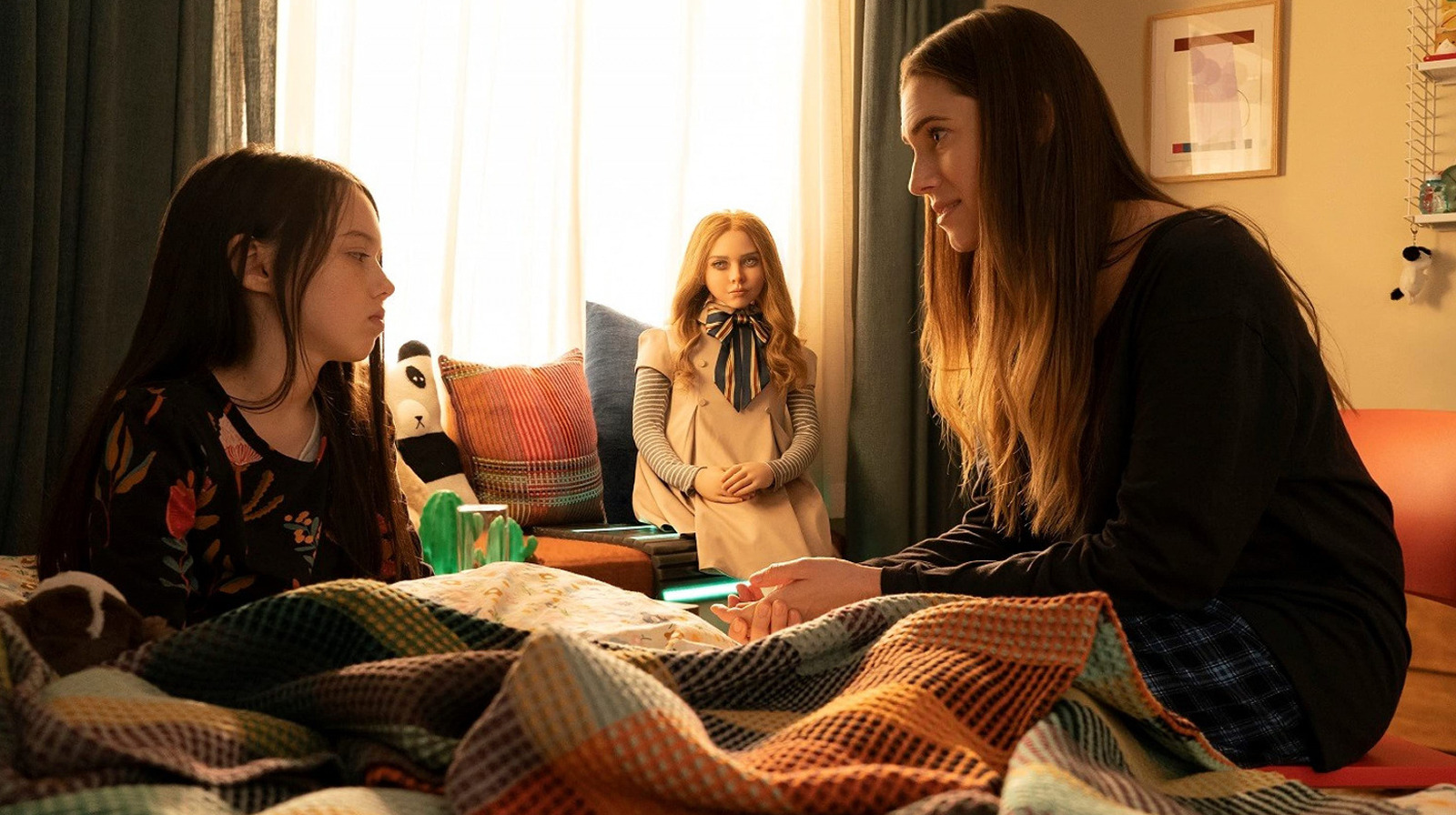Sacheen Littlefeather, activist who took the stage to refuse Marlon Brando's Oscar, dies at 75
Sacheen Littlefeather, the Native American activist who turned down Marlon Brando's Oscar for "The Godfather on his behalf at the 1973 Oscars, died Sunday at age 75, the Academy of Motion Pictures announced. She was suffering from breast cancer.
In June, the Academy of Motion Picture Arts and Sciences apologized to Littlefeather for his treatment at the Oscars that night. Littlefeather attended an in-person apology presentation at the Academy Museum on September 17.
At the Oscars, she only had 60 seconds to read her speech on Native American rights, and was then escorted off stage with booing audience members.
"He unfortunately cannot accept this very generous award," Littlefeather told the Oscars audience in . "And the reasons for that are the treatment of American Indians today by the motion picture industry...and on television in movie reruns, and also with the recent events at Wounded Knee."
She was allowed to read her full speech at a later press conference, and it was . Raquel Welch, Clint Eastwood and Oscar co-host Michael Caine were among those who criticized her on camera for disrupting the ceremony.
Littlefeather, born Marie Louise Cruz in Salinas, California, became interested in Native American issues at the university and participated in the occupation of Alcatraz Island in 1970, adopting its name during this time.
After college, she joined SAG and reportedly met Brando, who was interested in Native American issues , through Francis Ford Coppola who, like Littlefeather, lived in San Francisco.
In a recent interview, Littlefeather told Variety what it's like. was to attend the Oscars there on behalf of Brando.
"It was my first time at the Oscars. I cleared my first hurdle by promising Marlon Brando that I wouldn't touch this Oscar. But, in leaving this stage, I did it in the ways of courage, grace, dignity and truthfulness. I did it the way of my ancestors and in the manner of native women.

Sacheen Littlefeather holds a written statement from actor Marlon Brando refusing his best actor award on stage at the 1973 Oscars. Getty Images
"I met the stereotypical tomahawk chop, individuals who called me, and I I ignored all of them. I kept walking straight ahead with a few armed guards by my side, and I held my head up and was proud to be the first Indigenous woman in Oscar history to make this political statement.
"At that time in 1973 there was a media blackout on Wounded Knee and against the 'American Indian Movement who occupied it. Marlon had called them ahead and asked them to watch the Oscars, which they did. As they saw me, on stage, refusing this Oscar for stereotyping at the within the film industry, and mentioning Wounded Knee in South Dak...

Sacheen Littlefeather, the Native American activist who turned down Marlon Brando's Oscar for "The Godfather on his behalf at the 1973 Oscars, died Sunday at age 75, the Academy of Motion Pictures announced. She was suffering from breast cancer.
In June, the Academy of Motion Picture Arts and Sciences apologized to Littlefeather for his treatment at the Oscars that night. Littlefeather attended an in-person apology presentation at the Academy Museum on September 17.
At the Oscars, she only had 60 seconds to read her speech on Native American rights, and was then escorted off stage with booing audience members.
"He unfortunately cannot accept this very generous award," Littlefeather told the Oscars audience in . "And the reasons for that are the treatment of American Indians today by the motion picture industry...and on television in movie reruns, and also with the recent events at Wounded Knee."
She was allowed to read her full speech at a later press conference, and it was . Raquel Welch, Clint Eastwood and Oscar co-host Michael Caine were among those who criticized her on camera for disrupting the ceremony.
Littlefeather, born Marie Louise Cruz in Salinas, California, became interested in Native American issues at the university and participated in the occupation of Alcatraz Island in 1970, adopting its name during this time.
After college, she joined SAG and reportedly met Brando, who was interested in Native American issues , through Francis Ford Coppola who, like Littlefeather, lived in San Francisco.
In a recent interview, Littlefeather told Variety what it's like. was to attend the Oscars there on behalf of Brando.
"It was my first time at the Oscars. I cleared my first hurdle by promising Marlon Brando that I wouldn't touch this Oscar. But, in leaving this stage, I did it in the ways of courage, grace, dignity and truthfulness. I did it the way of my ancestors and in the manner of native women.

Sacheen Littlefeather holds a written statement from actor Marlon Brando refusing his best actor award on stage at the 1973 Oscars. Getty Images
"I met the stereotypical tomahawk chop, individuals who called me, and I I ignored all of them. I kept walking straight ahead with a few armed guards by my side, and I held my head up and was proud to be the first Indigenous woman in Oscar history to make this political statement.
"At that time in 1973 there was a media blackout on Wounded Knee and against the 'American Indian Movement who occupied it. Marlon had called them ahead and asked them to watch the Oscars, which they did. As they saw me, on stage, refusing this Oscar for stereotyping at the within the film industry, and mentioning Wounded Knee in South Dak...
What's Your Reaction?















![Three of ID's top PR executives quit ad firm Powerhouse [EXCLUSIVE]](https://variety.com/wp-content/uploads/2023/02/ID-PR-Logo.jpg?#)







